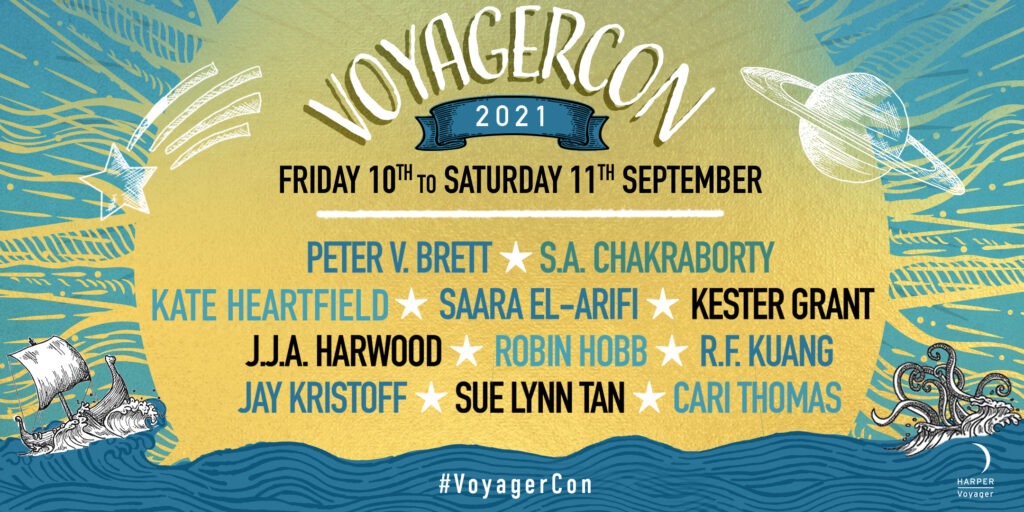When I sat down to write Kingdom of Souls many years ago, I was terrified. Growing up, I desperately searched for characters in books who looked like me and was always disappointed to find none. I loved reading stories where kids saved the world, tamed dragons, wielded magic, flew spaceships, became the chosen one. Yet I believed that black people didn’t get to be magical or go on fantastical adventures—or at least that was my impression from the books I read. Even now it’s hard to put that fear to rest.
Some will say, “It doesn’t matter what a character looks like,” but that’s an easy answer when you’ve always been painted in books with the broadest brushstrokes of possibilities and imagination. That isn’t true for those of us whose very existence has been systematically erased so that only a small facet of history dominates the narrative of our culture. It’s imperative that we become our greatest champions and the heroes of our own stories.
I want all teens to see themselves as centerpieces to their own stories. Books are mirrors and windows—a key avenue for people of all ages to build empathy for those who do not share their background and beliefs. As I witness the atrocities in the world and in my own land, I know that stories can play a role in fostering a brighter future for generations to come.
I wrote Kingdom of Souls as an homage to my West African ancestors who lost much more than their freedom. They endured the suppression and vilification of their culture, traditions, and sacred beliefs. I can never truly recover what was stolen from them or indirectly from me, but in Kingdom of Souls I wanted to write a story that not only embraces West African culture but celebrates its beauty, complexity, and magic, and in some small way honors my ancestors who survived the impossible.
It’s my hope, dear reader, that you find some of that magic between the pages of this book.
Kingdom of Souls is out now.
